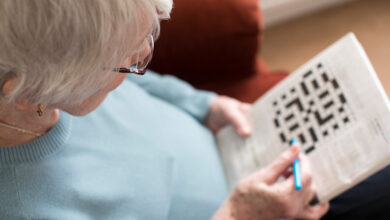Home care for heart failure cost-effective: study

A study has looked into the benefits of care delivered in the home versus that offered by a specialist clinic for elderly patients with chronic heart failure.
The economic evaluation, conducted by Griffith University and using data from a randomised controlled trial, compared home-based intervention (HBI) with clinic-based intervention (CBI).
Intervention was provided for up to 1.5 years with median follow-up of 3.2 years. The groups were then compared in terms of total healthcare costs and quality-adjusted life-years.
Lead study author Dr Shoko Maru from the Menzies Health Institute Queensland said: “A range of methodologies we used have converged on a common conclusion: HBI is likely to be cost-effective in reducing the burden of [chronic heart failure]. The net benefit of HBI appeared to be pronounced among the patients with a low level of self-care confidence or with fewer co-existing diseases.”
She added that for patients with low confidence in self-care, HBI could also alleviate the effects of inequity.
“The longer we live, the more healthcare we consume," she said. "Those in the HBI group lived longer, but when re-hospitalised, their hospital stay was shorter, which significantly reduced healthcare costs, an important implication from a public health perspective. If improved care reduces mortality while increasing the cost of survival, the cost-effectiveness of such care should be assessed over the long-term, as it takes time to see the impact on mortality while the costs are upfront. Yet the duration of most studies is 9 to 12 months. What happens thereafter is largely unknown, even though this factor can influence cost-effectiveness.
“Our findings inform the long-term cost-effectiveness of intervention intended for a lifelong disease, and our study population is more reflective of real-world patients than that in many other clinical trials.”
Email: [email protected]





